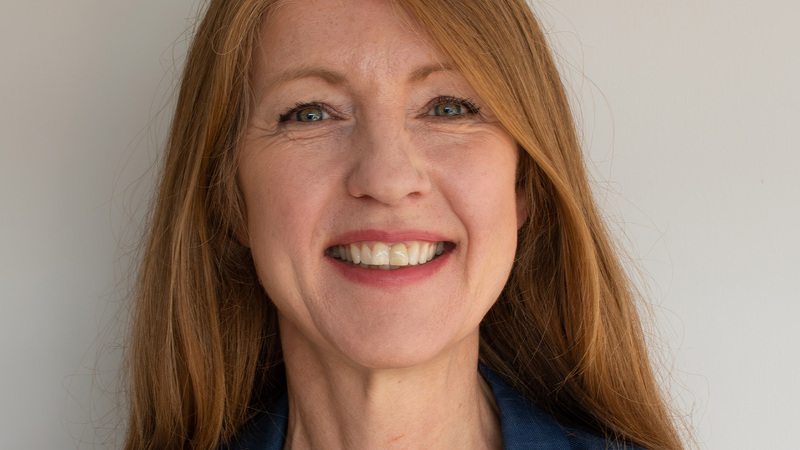You are viewing your 1 free article this month. Login to read more articles.
'Exceptional' Pottermore returns to profit
Pottermore, the digital content business set up to support J K Rowling’s Harry Potter output, has doubled sales and returned to profit, after what was described as an “exceptional year”. It is the second consecutive year of improved figures, with the business back in profit for the first time since 2015.
In the year to end-March 2017, sales rose from £15.1m to £40.3m, as the operation reaped the rewards from increased sales of e-books and audiobooks from third-party websites, and the publishing of new digital content to support the play “Harry Potter and the Cursed Child” and the feature film “Fantastic Beasts and Where to Find Them”. Digital sales of scripts and screenplays were described as “very strong”. Pottermore declined to reveal the number of actual sales but in the same period, 1.5 million print copes of The Cursed Child were sold, with Fantastic Beasts and Where to Find Them shifting 389,059 copies. The original Harry Potter series also received a boost, with print sales up 108% year on year.
After royalty payments, the company recorded a pre-tax profit of £3.5m, compared with a loss of £4.9m a year earlier. The company first dipped into a loss in 2015 after its deal with Sony, which originally supported the launch of Pottermore in 2012, came to an end. But a shift in retail strategy—allowing third-party retailers to sell its products—has enabled the business to find a stable model.
Tom Greene, Pottermore commercial director, said: “This was a good result in an exceptional year, reflecting the overall success of our commercial business strategy and the popularity of J K Rowling’s new content—the digital versions of the script for ‘The Cursed Child’ and ‘Fantastic Beasts’. Sales of J K Rowling’s Harry Potter e-books and audiobooks remain strong and the current financial year—to 31st March 2018—will deliver another good result.”
But Greene also noted that with fewer new titles in the pipeline this year, revenues would be “considerably lower, returning to what we see as more sustainable levels”. The company also said that in the future Pottermore intends to pay out any surplus profits as royalty payments after ensuring the level of working capital was sufficient for the company’s needs. This would mean the company does not expect to report a profit at the pre-tax level from 2018.
Greene said that Pottermore was now an efficient, cash-generative publishing operation. Neil Blair, Pottermore chairman, added: “Six years after we set up Pottermore, we have never been in better creative and financial health”.



















